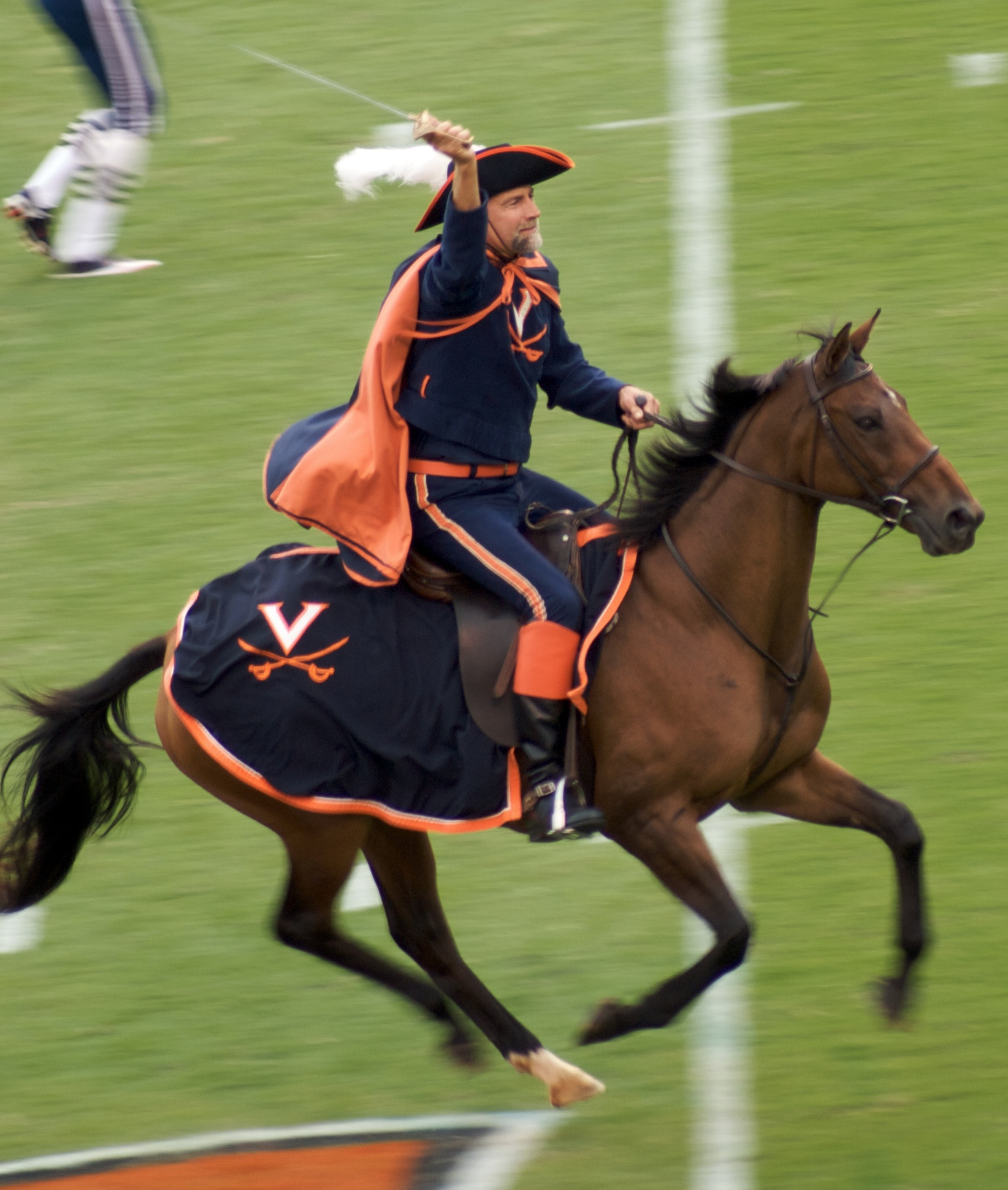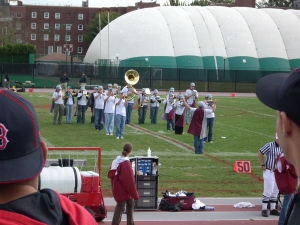The winter holidays are upon us, meaning that many of you that are applying are frantically trying to put together applications in preparation for the January 12 deadline for second rounders. I also hear that some of the first rounders will receive a great Christmas present come Wednesday! For those of you still applying, I thought it would be helpful for me to compile some of the questions I have received recently from applicants. Feel free to send more questions my way.
Happy holidays!
--------------------------------------
1) What are the key areas in the Darden School curriculum
that are important for career switchers to management consulting?
 |
| Mike Lenox |
The Darden school prides itself on a general management
curriculum covering a breadth of business areas. Darden students are known as hard workers
with a mastery of business basics. The
strategy faculty, such as Mike Lenox, Jeanne Liedtka, and "Venkat",
are particularly strong and the courses they teach will refine your thinking to
help you enter management consulting.
Tim Laseter, a former partner at Booz, teaches a valuable first-year
elective called "The Consulting Process" that prepares students to
engage in the specific problem-solving style unique to the consulting
industry. You can learn more about
coursework and faculty at this link.
2) After completing graduation, do students generally
opt for consulting in specialized industry segments or do they get assignments
that spread across a broad industry spectrum?
Every major consulting firm recruits at Darden. The "Big 3" (McKinsey, BCG, and
Bain) strategy consulting firms recruit heavily here. Also, you'll find firms hiring for
operational consulting, IT consulting, and industry-specific consulting such as
health care or financial services.
Consulting is the #1 career chosen by graduating Darden students, so
you'll have ample opportunity here to find the best consulting fit.
3) How is Darden's focus on international business?
Strong and getting stronger. In addition to having a diverse student body
(30% from outside US) and faculty, I think two new developments at Darden will
make this a stronger international business school in the upcoming years. One is the launch of the Global Executive MBA, which will expand the Darden brand internationally and bring additional
international business ideas into the curriculum at Darden. Another is the recent launch of the Emerging Markets Development Club, which will aid students interested in international
business careers post-MBA. Existing
student groups such as the International Business Society also promote
international business careers, and the curriculum is filled with business
cases from around the globe. The
emphasis on a global business perspective has strengthened at Darden in recent
years.
4) How do you feel about the Darden life in general? Do
students get sufficient time out of academic activities to engage themselves in
community activities?
You certainly have time to step away from academic
activities, but the rumors you may have heard about the Darden first year are
somewhat true. The core curriculum is
rigorous, and you also will find yourself heavily engaged in recruiting
activities. However, like any business
school, you get out of it what you want to put in. If you place a priority upon community
involvement, club activities, social events with friends, or getting out into
nature, you will find time to make it happen, for sure. Also, the faculty here have been highly
receptive towards restructuring the first year experience in recent years to
improve the academic/life balance, leading to Darden vaulting itself to #1 in student satisfaction in Business Week's latest survey. The second year at Darden consists entirely
of electives, so the academics are as rigorous as you want them to be. Each student is able to find his or her
proper school/life balance, and the time flies by far too quickly!
That's a summary, but you can find more of my feelings
about Darden life by paging through my blog.
5) Do the students get opportunity to get involved in
entrepreneurial activities around the community?
Absolutely. The
Darden incubator at the Batten Institute provides financial and instructional
support to students who want to launch businesses, and many entrepreneurial
conferences happen at Darden and the broader University of Virginia throughout
the school year. Concept and business
plan competitions give students the chance to present new business ideas and
win prizes, and the E*Society connects students at the University of Virginia
to the Charlottesville-area entrepreneurial ecosystem. Entrepreneurship at Darden link
6) I found the club of Community Consultants of Darden
very exciting with students helping small businesses and getting consulting
experience. If you are involved in it, could you please share a bit of your
experience?
CCoD is definitely a good opportunity for students to get
involved with real-life consulting engagements that help local businesses. I applied last year but was not accepted into
the program (it's a competitive process).
7) Could you please let me know the activities a learning
team is typically involved in? Is the scope of a learning team limited to only
case study discussions?
 |
| My learning team! |
Learning teams at Darden function as a study group to aid
you in preparing for class. In
first-year, you are all taking the same core classes simultaneously, and the
learning team helps to solidify your understanding of key case concepts and
gives you a chance to explain your ideas to a small group of classmates in a
safe environment. The formal discussions
are mostly case-based but the teams also tend to hang out with each other
socially as well -- you spend a lot of time with these folks and you tend to
bond with them. I've even met alumni who
still keep in contact with their learning team members, even several years
after graduation!
8) I have read your bio on the website and am looking for more information on clean-tech at Darden. What specific resources does Darden provide that can help me realize my dream to work in this industry (professors, courses, clubs, events and so on)? Can you elaborate with some of your
personal experience during the MBA program?
There are several resources
at Darden that can help you find a career in clean-tech. The school is
known for its strong student body and attracts recruiters from several
companies with global clean-tech initiatives, including Corning, 3M, Samsung,
and General Electric. The primary clubs that attract students interested
in clean-tech include Net Impact and
the Darden Energy Club,
which connect students interested in environmental sustainability and renewable
energy to clean-tech jobs. There are several events at the university
throughout the year focused on clean-tech topics, including a day-long forum about
the future of electric vehicles last fall. Finally, professors Mike Lenox, Richard Brownlee, and
Andrea Larson do a
lot of research on clean-tech topics and make excellent resources for learning
about the latest trends.


















